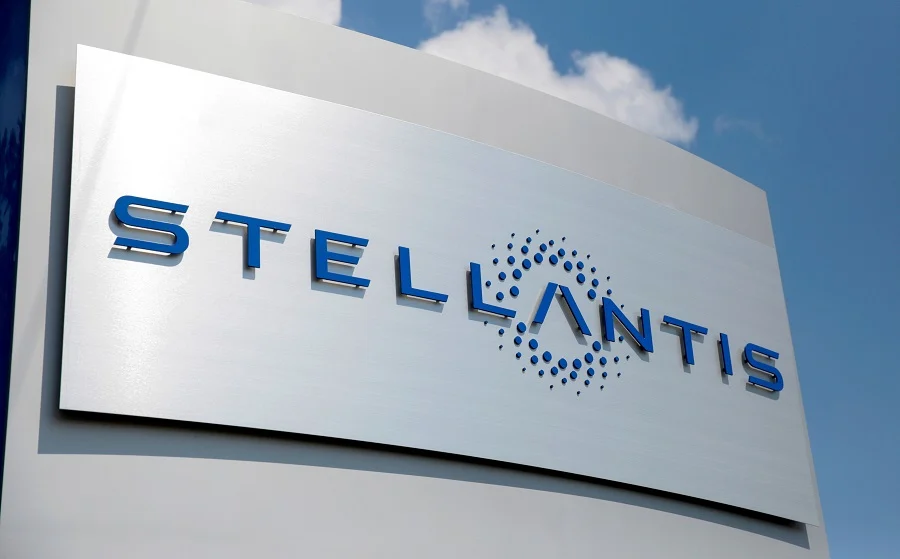Stellantis, the automotive giant formed through a merger, faces disruptions in three of its European factories due to a strike at a crucial supplier, MA France. The affected plants include those in Poissy and Hordain, France, as well as one in Luton, Britain.
These factories are pivotal in producing various vehicles ranging from compact cars like the DS 3 and Opel Mokka in Poissy to medium-sized vans in the other two facilities, sold under different brands, including Opel, Citroën, Peugeot, Vauxhall, and Fiat.
The strike at MA France, which specializes in stamped steel parts, has led to the temporary closure of these factories. There are speculations that the strike could be a preemptive response to the potential relocation of Stellantis production to Poland, which has raised concerns among the workers and the company. Stellantis is currently engaged in discussions with the strikers, aiming to resolve the issue swiftly and resume production to mitigate further financial losses.

The situation underscores the complex interdependence within the automotive industry supply chain and the ripple effects of labor disputes on production. As Stellantis grapples with the immediate impact of the strike, it also faces the broader challenge of navigating labor relations amidst ongoing discussions about potential relocations and restructuring efforts.
The outcome of these negotiations will likely shape the future operations and workforce dynamics within the company’s European manufacturing network.
Despite the temporary setbacks caused by the strike, Stellantis remains optimistic about resolving the issue and returning to normal operations soon. However, the incident serves as a reminder of the vulnerability of automotive manufacturers to disruptions in the supply chain and highlights the importance of effective communication and collaboration between companies and their suppliers to maintain stability and efficiency in production processes.

